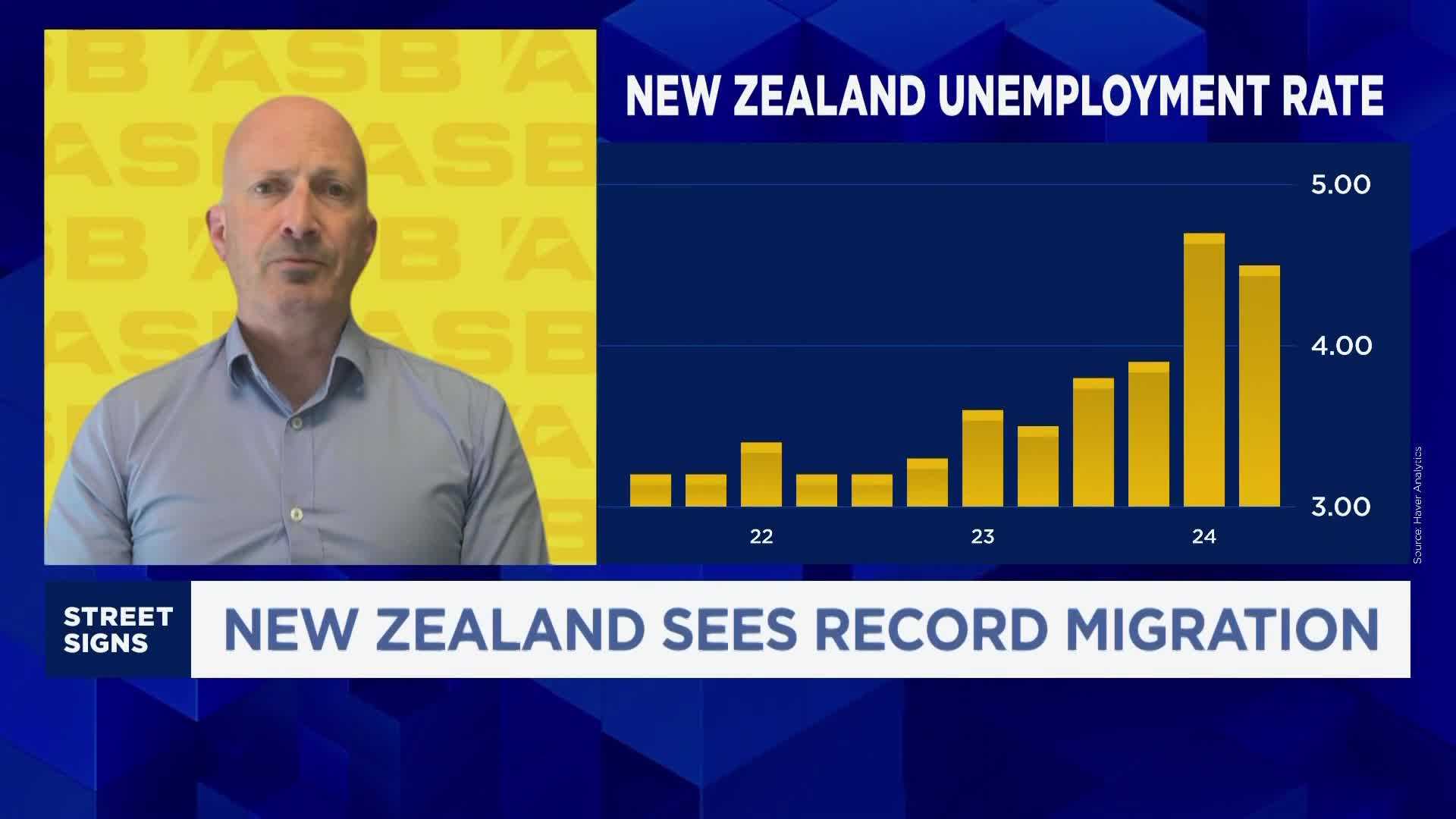News
New Zealand Faces Rising Unemployment Amid Economic Crisis

WELLINGTON, New Zealand — Amid growing economic turmoil, New Zealand is grappling with rising unemployment and a significant exodus of citizens. Last week, Statistics NZ reported that a net of 30,000 people left for Australia in 2024, marking the largest single-year departure since 2012.
This migration reflects increasing dissatisfaction with living conditions and job prospects amidst a struggling economy. The country has fallen back into a recession, with GDP growth reported at just 0.8% for the March 2025 quarter, following a contraction of 1.1% over the past year. In June, a report by MacroBusiness labeled New Zealand as an “economic basket case.”
With the economy faltering, the working class is feeling the impact, especially as per capita national income declines. An anonymous statistician on social media, known as MusicalChairs, highlighted the severity of the labor market, stating, “We are having a second winter of misery… It’s grim out there.”
Unemployment rates have surged, reaching 5.1% in early 2025, up from 3.4% in 2023. In the first quarter, 45,000 fewer people held full-time jobs. Young adults aged 18 to 24 are particularly affected, with jobseeker support claims for this age group increasing by 41% over the last two years.
The latest forecasts from the IMF predict that New Zealand will experience the highest joblessness rate in the Asia-Pacific region until 2027. Notably, the percentage of individuals unemployed for 6 to 12 months climbed from 12.4% in 2023 to 23.9% in early 2025.
As living costs skyrocket, many households are struggling financially. A recent study indicated that New Zealand has the most expensive groceries compared to Australia, Ireland, and the UK. Rising rates, insurance costs, and energy prices are further burdening families. Household savings have plummeted, with a reported negative balance of $1.6 billion in the March quarter.
In a severe response to financial hardship, record numbers of New Zealanders are withdrawing from their KiwiSaver retirement accounts. May saw a record 9,420 withdrawals totaling over $234 million, highlighting the desperation many are feeling.
Housing issues exacerbate the crisis. A recent episode of the Māori journalism program “The Hui” highlighted increased homelessness, particularly informed by the account of Matarora Smith, who runs a breakfast program for the homeless. He noted that “One of the street whānau have passed away… froze to death.”
Support services report rising cases of families facing homelessness, with some living in cars. Jan Rutledge from De Paul House described a family with two children who had been living in a mall car park due to eviction instability dictated by landlords.
According to Haehaetu Barrett of Lifewise, homelessness is now a “national crisis,” worsened by the government’s cuts in emergency housing services. In the first quarter of 2025 alone, 1,569 families were denied emergency accommodation by Kāinga Ora, the public housing agency.
As of May, 19,089 people remain on the waitlist for a state home, with almost half being Māori and average waiting times extending to 233 days. The ongoing situation represents a failure of government strategies and a stark contrast to the soaring wealth of New Zealand’s elite, who now control over $102.1 billion.
While ordinary citizens struggle to make ends meet, many working-class Māori feel the consequences acutely, as tribal businesses enjoy growth. However, average Kiwis face relentless hardship as the economic crisis deepens.












